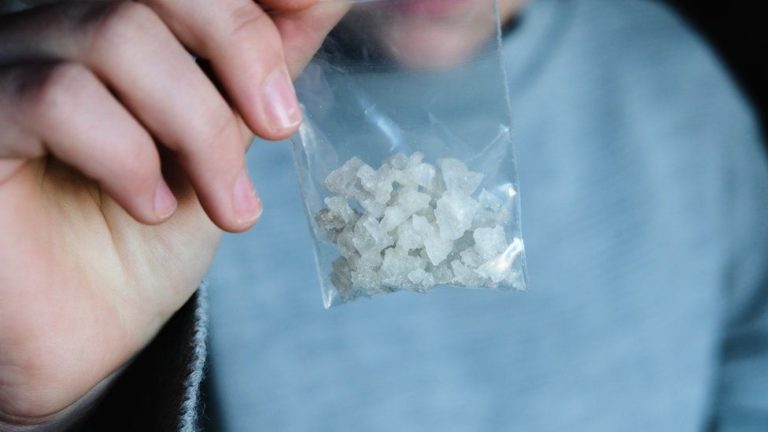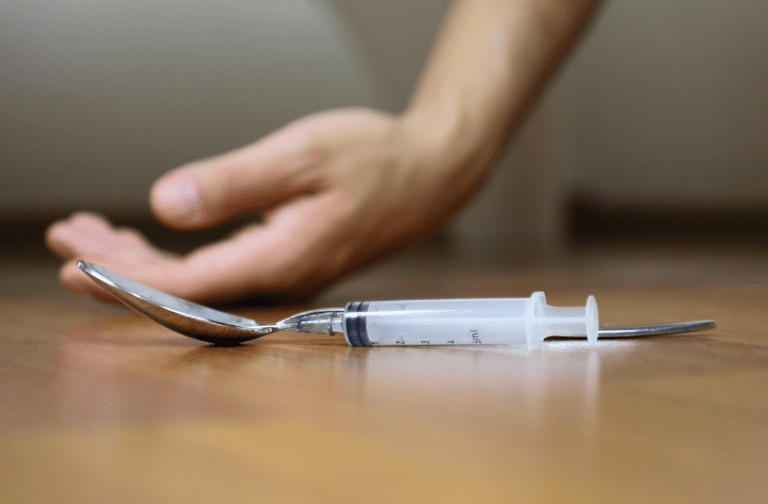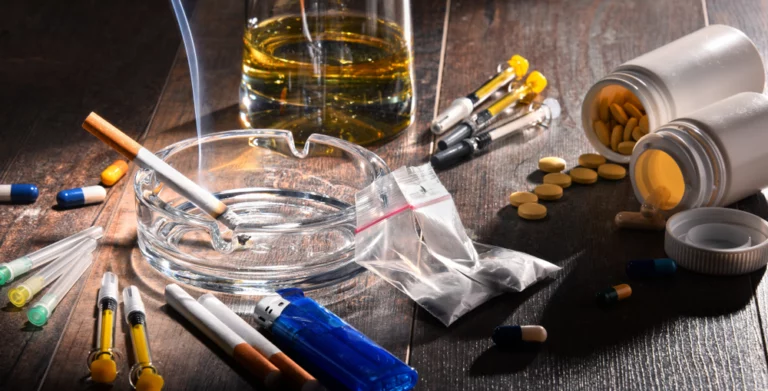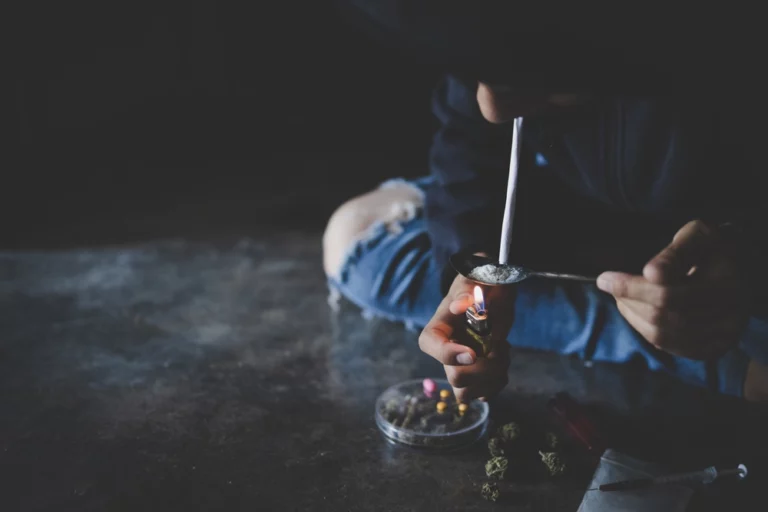20 Things to Say to a Loved One with Addiction
Are you struggling with things to say to your addicted loved one? How can you show compassion and support to someone who is experiencing addiction while protecting your own set boundaries? It can be difficult to handle. Although all people battling addiction are not the same, there are some tactics you might employ to show compassion and sympathy. In this blog, we list what is important to say to your loved one who is struggling with a substance addiction, as well as what not to say.
What to Say to an Addicted Loved One
Before you attempt to talk to a loved one who is st ruggling with drug abuse, it is important to familiarize yourself with the terminology, establish healthy boundaries, and be prepared to express compassion. You can both support them and safeguard your own wellness. You want them to know that you care about them and are willing to assist in any way you can at the end of the day.
Your words should convey compassion and empathy in order to show that you care. Substance use disorder is stigmatized in our society and those with drug addictions are frequently shunned, ridiculed, belittled, and rejected. By accepting the individual with an addiction, even if you don’t accept their behavior, you can begin to build toward forgiveness and recovery. The following are things you can say to your addicted loved one:

1. “You’ve Changed”
It’s important to be delicate when bringing up drug or alcohol addiction, as being excessively negative will make your loved one defensive. Instead, discuss how joyful or friendly they used to be without mentioning anything negative about them now. Recall specific instances where you were there for one another.
2. “I love you”
Addicts often have low self-esteem, so rejecting them or being harsh with them is unlikely to help. Your loved one may feel stronger if you express your compassion for them and assure them that you will not abandon them, even if you do not understand their choices.
3. “You’re not alone”
23.5 million Americans are affected by substance abuse, whether or not they themselves have had issues with it. It’s important to express your sympathy, even if you’ve never struggled with addiction. Many addicts feel that they’re isolated because they cannot talk to their friends and family about their addiction. Make sure that you’re available to listen without passing judgment on them.
4. “Everyone needs help sometimes”
It is nothing to be ashamed of if you need help with addiction. Around 1 in 10 Americans experience addiction at some point in their lives, but the majority do not seek assistance. Many who relapse because they do not continue to seek assistance are among them. Tell your loved one that seeking help is the bravest and the best thing they can do for themselves.
5. “It’s not your fault”
It’s important to remember that addiction is a disease. When your loved one refuses treatment for addiction, it’s important to remember that it’s not their fault. Your empathy and compassion may go a long way toward convincing them to seek treatment.
6. “Things will get better”
A huge impact can be made on the life of someone who is addicted if you can reassure them that things will get better. Addiction is often painful, and just reminding them that life doesn’t have to remain that way can be helpful and motivating. You can tell them there is an alternative way of life if they are willing to accept help.
7. “How can I help?”
It can be difficult to offer help to someone with an addiction, but offering to assist may help them focus on fighting their habit. You might not be able to offer money, but offering to care for their pet, help them seek professional treatment, or simply listen when they are ready to open up are all ways you might help. When they are ready to seek help, you should be prepared and have resources available.

8. “I need to tell you how I feel”
Your friend or loved one’s addiction may be seriously affecting your life. Tell them how you feel in a direct manner. It is common for addicts not to grasp the repercussions their actions have on those around them. We often want to act stronger than we feel as friends or loved ones of addicts. We should be compassionate when we speak to the addict, but we must not hold back. You are not helping anyone by trying to shield him from the pain he causes you. It is better to confront him directly and maintain empathy than to avoid doing so. There’s a chance that our criticism will enable the person’s drug useif we avoid pushing them away.
9. “I miss the time we spent together”
If addiction has caused a break in connection, you may want to try to re-establish contact before you address the issue. For example, you and your buddy used to drink together, and while it did not have an effect on you, you want to keep the relationship and show your support. Think of new activities to participate in rather than drink or use drugs. You might say, ‘I would love to see a movie or have coffee with you on a regular basis.’ It’s usually particularly tough for addicts and alcoholics to endure evenings around happy hour. If you propose an outing at those times, it may help to compete with the desire to consume or use drugs.
10. “You’re different now”
It is a good strategy to openly discuss change with your loved one, provided you are careful not to overwhelm them with negativity. Remember positive memories of their past without implying anything negative. Keep in mind times you were there as a support system. If you have to make a negative comment, be specific. Mention specific dates and events. This will set the tone for the entire conversation and prevent unfocused criticism.
11. “I pick you, not the addiction”
Choosing drugs over your loved ones if you’ve never experienced addiction can seem simple. However, it is important to understand that addiction changes neurochemicals and receptors in the brain, which causes an insatiable desire for more drugs. Your loved one is tied to a lifelong disease when battling addiction.
12. “ I want you to stop”
Quitting isn’t always as simple as it seems. Your beloved one wants to stop using, but it isn’t always simple. Withdrawal can be both psychologically and physically dangerous, resulting in severe consequences. Telling your loved one that you want them to quit might help them realize that they really want to stop using and are ready to seek assistance.

13. “How are you feeling?”
An individual may begin using drugs as a way to self-medicate for symptoms of anxiety, depression, or other mental health problems. Your loved one might let you know how they feel in order to develop healthier self-caring behaviors. Although you don’t have to act as your loved one’s therapist, asking how they feel doesn’t necessarily mean you need to listen. You may share your personal experience if relevant, but it’s often better to simply listen.
14. “Addiction treatment works”
Addicted individuals may deny that their problems are serious and avoid treatment. Rehabilitation is a process that involves relapse and remission. Those who denigrate the rehab process claim that any subsequent relapses are ‘failed’ therapies that demonstrate that addictions can never be cured. If real healing can never take place, why should the individual alter his or her behavior? Let your loved one know that professional treatment is effective and necessary.
15. “ You are strong”
Tell your loved one that they should be proud of their triumphs, as they have survived harrowing ordeals. Whenever self-doubt creeps in, remind them of their strength. This should help them to overcome any negative or self-destructive emotions they might be experiencing.
16. “You deserve better”
Addiction may cause someone to feel as if they are undeserving of a good life. Tell your loved one that they absolutely do. Addiction does not prevent people from achieving their goals; it also does not make them unworthy of doing so. Tell your loved one that they still deserve the things they want, and this will motivate them to work harder to obtain them.
17. “You are in charge”
There is always something people can do to shape their own future. You should tell your loved one not to let anything or anyone stop them. Addiction has a firm grasp on them at the moment, but there are always things they can do to improve their situation. They are quick to blame external factors for their current state, but working towards sobriety, setting goals, and working hard will help them create the life they want for themselves. Remind them of this.
18. “You are brave”
It is hard to admit you have a problem. Even more difficult is taking steps to fix it. Your loved one choosing to go to rehab is an excellent step if they have. When people enter rehab, they often feel like a failure. They may have difficulty recognizing anything they’ve done right because they are so focused on their mistakes. You can respect the effort they’ve taken by seeking assistance. It takes a lot of courage to seek help for a problem. Tell them that they are not a failure, but rather someone striving to make a better future for themselves and their family.
19. “We’re in this together”
It is very important to show compassion. Addicts often feel isolated and alone, and you should listen to them without judgment. By letting your loved one know that you are there for them, you may motivate them to seek treatment. Setting and maintaining boundaries is important, but letting your loved one know that you are there for them may be an effective and encouraging approach.

20. “Your past has no power over you”
The past doesn’t matter anymore. It’s crucial to look to the future. Unfortunately, a lot of people find comfort in difficult situations by medicating, but it doesn’t have to be that way. Your loved one’s addiction might stem from traumatic memories that make them believe drug or alcohol abuse is the only option for dealing with issues. Remind your loved one they still have a lot of life ahead of them. These powerful recovery words will assist them as they untangle themselves from the grip of addiction.
What NOT to Say to Your Loved One
It can be difficult to know what to say to a friend or loved one with an addiction. You, like most people, probably have good intentions but don’t realize that certain words and statements are more damaging than beneficial.
Furthermore, people suffering from substance dependency often are sensitive, emotional, and insecure about their condition, especially while they’re in the beginning stages of recovery. Because of this, it’s simple to inflict harm without intending to if you’re caring for someone with an addiction. Be careful with your words to prevent harming your loved one. Here are the most common statements that should be avoided when speaking to your addicted loved one.
1. “You’ll never change”
Addiction is a chronic brain disease that can be treated but not cured, so people who are dealing with addiction are always going to be defined by their mistakes. It’s both inaccurate and insensitive to assume that people with addictions can’t change. They have so much to offer the world, and we should encourage them to embrace their strengths and pursue their interests.
Even if they are still using or in the early stages of recovery, labeling them in such a way can be extremely painful. This statement might cause them to feel defeated and discouraged, leading them to give up on their recovery. It may even lead them to believe that they will always be addicts.
2. “You don’t have a problem”
It’s crucial to listen to someone who believes they have a substance abuse problem and to care about their concerns if they come to you with them. You may not see the toll substance abuse is taking on them or their lives, but they do. They’re trusting you with this information and that you can help them find the support they need if they tell you that they think they have an addiction and need help.
If they trust you enough to help them through this and find the treatment they need, let them know that you care. Telling them to only keep it in moderation isn’t a good idea either. This implies that they are in control of their addiction, which they do not. You need to support their efforts to get clean, not advocate against using at all. No one wants to be out of control. It is the best thing you can do is to support their efforts to get sober.
3. “I’m ashamed of you”
Some substance abusers have issues with self-esteem or accepting themselves because they started abusing drugs. You will only drive your addict further from you and closer to their substance by telling them that you are ashamed. Addicts know that what they are doing is destructive to them and their loved ones, but they are not just able to make the decision.
You cannot tell a cancer patient to stop having cancer, and you cannot just tell a addict to quit being an addict. Addiction is a disease that requires medical attention, support, and treatment. You do not need to provide them with additional evidence that you are ashamed. Instead, you should let them know that you are available to assist them through the recovery process.
4. “You’re selfish”
It would be wonderful if all addicts could immediately cease feeding their cravings, but most require assistance. You can’t simply wish away a condition that has dramatically altered your loved one’s brain chemistry and caused physical difficulties. Your loved one has a lot of subconscious hurt in addition to his physical problems. Please realize that no one desires to live this way. Because addiction creates a dark and lonely life, you must show your love and concern by providing assistance, constancy, and courage. Since they would prefer to quit drugs and alcohol if they could, provide them with support, consistency, and courage.

Oasis Recovery is Here
Oasis Recovery’s specialized addiction treatment programs might be beneficial if your loved one is battling substance abuse. Oasis Recovery was founded from personal experiences with addiction and recovery, and it provides mental health services and treatment options in addition to caring, open-minded treatment. We believe that everyone can recover from their addiction. With your assistance, we design a treatment program that accommodates your needs.
Addiction recovery is something we can help you with if you need extra assistance. Please contact us to learn more. You no longer have to fight addiction on your own. We are here to assist you.









